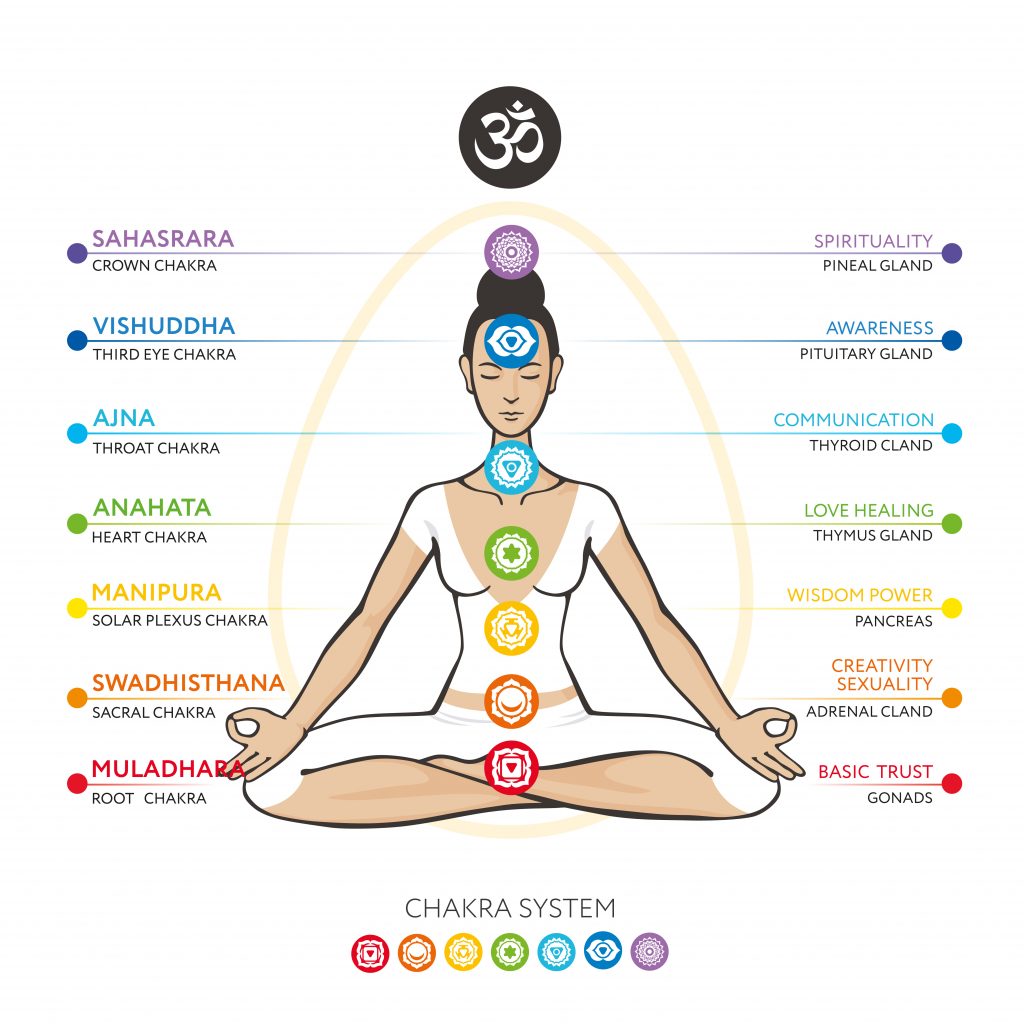
While in graduate school, I was irritable with a negative mindset and overwhelmed with life. My mind and body felt out of balance and could not shake the feeling that something was truly missing. I attempted basic workouts at the gym and while this helped to enhance my endorphins, I realized that my mind was not focused.
Despite my skepticism, I attempted to take some beginner yoga classes and one teacher introduced me to the concept of Ayurveda. I heard about the idea before but did not fully grasp the logistics.
Being the immensely curious person that I am, I attempted to learn the basics and as I delved deeper, I realized that this is what my body needed. Ultimately, it changed my life by allowing me to personalize my health and to recognize my power.
As most of us know, Ayurveda was developed and implemented in India, but what is it? Ayurvedic medicine was created thousands of years before modern clinicians started to speak to their patients about holistic healing and wellness as a whole.
It is a healing system that focuses on both the mind and the physicality of a person. Many healers still believe that Ayurveda is the ultimate science or knowledge of life since people can truly learn how to achieve their full potential both mentally and physically.
What to Take into Account when Following Ayurveda
- The body and the mind are connected.
- The mind can heal and transform the body.
Deepak Chopra indicates that Ayurveda is highly dependent on a person’s level of awareness to their own body. To be free from illness, it is important to find a proper balance, which can sometimes be difficult in today’s modern society.
We are dealing with factors such as unhealthy lifestyles, rampant environmental toxins, misuse of drugs and many others, which can impact the way that Ayurveda is taught. How do we integrate these problematic instances with a more holistic approach to health? The answer lies in each person.
So what did I do that was life-changing? I began by changing the food I consumed. Most of us have heard it all before that we should stick to clean, healthy foods. But “healthy” is an objective term.
Ayurveda teaches us to follow the language of our bodies. Just because there is a diet trend, does not necessarily mean that we should follow it. I spent so much of my time eating salads that gave me digestion issues and didn’t focus on what my body was telling me.
When I began focusing on “warmer” foods such as light soups or stews, my digestion problems started to dissipate. It also helped me to understand where my digestion issues came from.
With the abundance of processed foods that are found today, eating “healthy” can often be cumbersome, but when you achieve a balance and truly become aware of the foods that you are consuming, it can be life-changing.
This can also be directly correlated with movement. It’s easy to get stuck behind our computers and smartphones all day for school, work, etc., but if you find a way to tune in to your body and move at a moderate pace daily, your body will thank you.
I also take the time to cultivate daily rituals—and stick to them. This consists of daily yoga practice, reading/listening to motivational podcasts, and surrounding myself with people that bring positivity to my life. I try to wake up earlier than usual for my yoga/meditation and reading since it sets an uplifting tone to my day.
While this was not an easy endeavor, originally, I started a ritual and cannot imagine my life without it! This part of my Ayurveda practice has helped me to bring balance into my life and create a sense of peace that I was missing.
Steps to Following Ayurvedic Practices
- Addition of more beneficial herbs into my diet (cloves, turmeric, cinnamon, etc.)
- At least 60 minutes of physical exercise per day (yoga, kickboxing, walking, etc.)
- At least 10 minutes of meditation and/or visualization to set the tone for the day
- A daily reminder to speak kindly to me, especially during stressful times
Remember, there is not a one size fits all standard for Ayurveda. It varies greatly and it is flexible since we all have different nuances. Everyone can make their own choices.
When you choose to follow Ayurveda, there should be a strong level of awareness between yourself and the outside world. This means that it may be necessary to disconnect every once in a while.
A simple practice is the use of meditation. Ayurvedic clinicians still prescribe meditation as a powerful tool, which can be used to cultivate inner peace and balance and can even potentially decrease stress hormones.
Overall, when following Ayurveda, the components may vary based on each individual, but there is a strong allowance to create a joyful state that is interconnected with the mind and body.
On a personal level, following simple steps such as meditation, yoga, and healthy eating have changed my life dramatically. I am increasingly focused and I have the motivation to succeed and push forward, despite obstacles.
Ancient ayurvedic healers sought out to help people improve their well-being, which thankfully has carried over in the modern age. Through the hustle and bustle of our lives, there is always time to use Ayurveda, even if it’s just for a short time each day.






